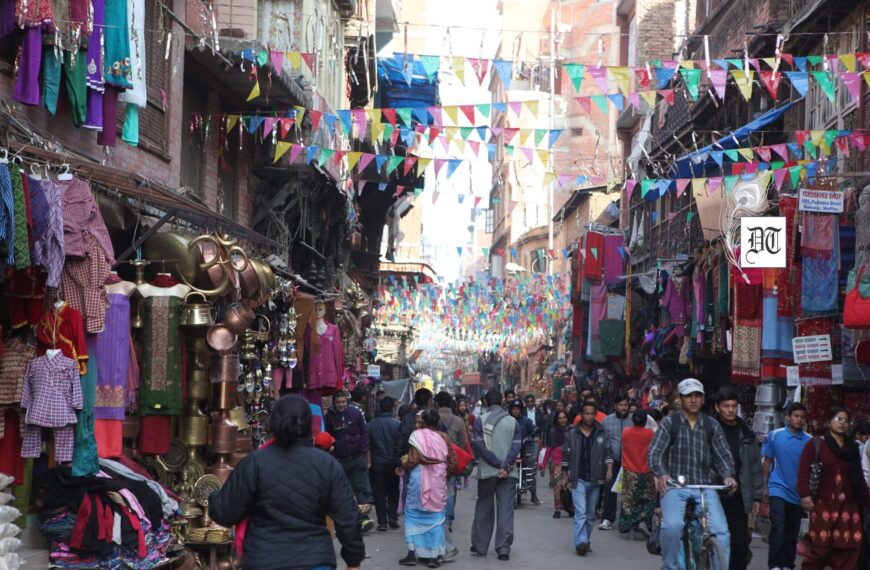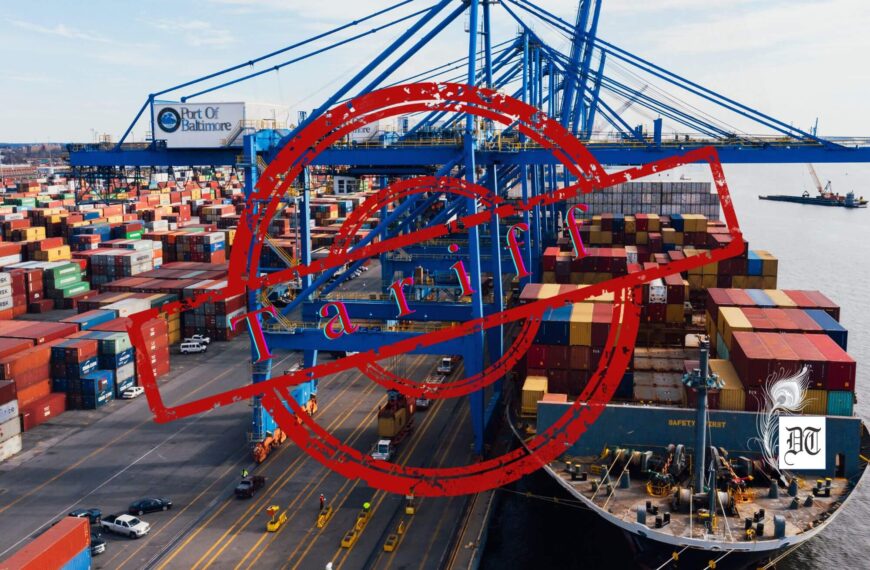Human rights no longer dominate the intellectual and policy making in India as it was until 1970s. However, recent invocation of human right’s language by Prime Minister Narendra Modi in his Independence Day speech marked a new departure from its foreign policy on human rights. After highlighting the alleged human rights violations in the Pakistan-occupied Kashmir (PoK), India is preparing to take an aggressive position on Balochistan. And it seems that the ‘politics of human rights’ is going to play crucial role in India’s foreign policy. Here’s an analytical article by Amit, on the politics of human rights exclusively for Different Truths.
Prime Minister Narendra Modi’s Independence Day’s speech highlighted the human rights violations in Balochistan, nearly seven years after an India-Pakistan joint statement mentioned it. It was not surprising for human rights observers that Prime Minister’s concern on Balochistan was driven to counteract Pakistan’s international lobbying on Kashmir issue rather, genuine concern to human rights violation. After highlighting the alleged human rights violations in the Pakistan-occupied Kashmir (PoK), India is preparing to take an aggressive position on Balochistan. And it seems that the ‘politics of human rights’ is going to play crucial role in India’s foreign policy.
India’s relation to the discourse of human rights is driven by its past, present and future. Colonial experience has guided India’s perspective on human rights, its insistence on absolute Sovereignty and policy of non-interference originated under the British Empire continued more or less until now seem big hindrance for the promotion of human rights. In addition, its poor record of human rights violations domestically (against women, minorities and tribes), inability to control human rights violations by security personals in conflicted areas in India and concern about being holding accountable for these violations, also negatively affects India’s perspectives on human rights.
Since India’s independence, its politics on human rights has been constantly changing. It went from supporting human rights (until 1970s) to being critical of International Human rights regime and overprotective of its national sovereignty in contemporary times. India being a victim of oppressive colonialism has faced numerous human rights violations under the British Raj until August 15, 1947. At the hands of British Raj, India’s social, economical and political resources were completely exploited.
After interdependence in 1947, at least for the first decade, India became a staunch advocate of human rights. India vehemently opposed European colonialism and South-African apartheid, and later Israeli actions against Palestinians. India supported the movement in South Africa against apartheid. India have ratified and signed almost all core International Human Rights treaties. In this context, Sanjoy Banerjee, human rights expert, has emphasised that India’s identification with human rights values of self-determination and racial equality was central to its leadership effort in the third world during the cold war era.
During 1960s, India criticised states for their human rights violations. India twice intervened militarily outside its border, invoking human rights, opposing the government in East Pakistan in 1971(creation of Bangladesh) and aligning with the government in Sri Lanka in 1987. Before the end of the Cold War, external human rights pressure on India was low, in spite of events that might easily have occasioned pressure. For example, anti-Sikh riots in Delhi, in 1984.
Critical Stand on Human rights
Since 1990s, India continued to view international human rights regime with suspicion, and avoided action which weaken state sovereignty. India has been ignoring its responsibility for protecting human rights in the rest of the world. Its poor human rights record especially human rights violations by Indian security forces while combating insurgents fighting for session, its fear of abetting Western intervention it opposes, it’s very low voting strength in UN compared to its population – are some factors which limits India’s participation in human rights discourse.
India engagement with human rights regime is also constrained due to increased diplomacy on Kashmir issue by the Western states and their concerns on non-nuclear proliferation. Ironically, human rights issue, still tend to be viewed through the prism of national and regional concerns in India. Constant denial of India’s request for permanent seat in the United Nations Security Council, in some cases double standards of Western nations concerning human rights and geopolitics also shape India’s reaction to human rights.
India’s main concern has been with the adjudication and enforcement of human rights norms by global institutions and great powers. The massive loss of innocent lives in Iraq reinforced India’s scepticism about International human rights institutions dominated by Western nations.
On the positive note, India not only has established National human rights institutions 1 and State human rights Commissions but also, the Indian Constitution 2 gives considerable importance to fundamental rights. However, despite progress over time, India’s perspective on human rights is not consistent, at domestic and international level. This also implies, India continue opposing the expansion of jurisdictions of International human rights regime, institutions and norms thus less compliance of human rights obligations and less attenuations of its domestic human rights mechanism.
Since 2000s, the Indian government has maintained a silence on international human rights issues even where there were strong domestic sentiments that rights were being violated. In 2003, when US invaded Iraq, India objected the invasion but did not criticise human rights violations. India hardly criticises its neighbouring Pakistan and Bangladesh where regular killings of minorities and secular bloggers, respectively such as, Ahmadiya, Hindu and Christians is a common scene (except recent Baloch freedom struggle in Pakistan). These examples shows that the Indian government is very discreet towards the discourse of human rights and follow the policy of non-interference in other countries domestic affairs.
Contemporary Situation
Currently, human rights situation in India is poor and human rights implementation mechanism is not efficient to redress the human rights grievances. Human rights defenders are not safe and working space for members of civil society is shrinking. Contemporary Indian government’s stand towards human rights is reflected in its tough stand towards its civil society members working on human rights in India and abroad. Rise of Hindu nationalist Bhartiya Janta Party (BJP), in 2014, has brought immense trouble for human rights activist, human rights defender and to those critical to government policies. The anti-human rights attitude of Narendra Modi government is reflected in the cancellation of thousands of NGO licenses and increased restrictions on NGOs, receiving foreign donations.
Free expression is restricted; there is an increased hostility towards human rights defenders. Certainly human rights are going through a crisis situation in India (Singh, 2016). Contemporary approach of the Indian government towards human rights has also much to do with the defensiveness over the allegations around the gross human rights violations in Gujarat under the Modi’s chief-ministership (currently Prime minister of India), as with the regime’s perspective to international human rights.
Geo-political Factors
India’s foreign policy highlights bilateral engagement and quite diplomacy rather than public concern for human rights. India is expanding its economic ties to countries such as Vietnam, Indonesia, Myanmar, Afghanistan, Iran, and Israel. However, India rarely calls for an end to abusive laws and gross human rights violations in these countries preferring economics over human rights issue. India also ignored Tiananmen Square massacre in June 1989 in China and avoided condemning its human rights violations.
 All above cases confirms that India’s human rights politics is still centred towards the protection of sovereignty as India value sovereignty as the primary global condition for the defence of democratic rights and possibly human rights themselves. So until and unless there is qualitative change in global power structure, India is likely to resist expansion of international jurisdiction on human rights at the cost of state sovereignty.
All above cases confirms that India’s human rights politics is still centred towards the protection of sovereignty as India value sovereignty as the primary global condition for the defence of democratic rights and possibly human rights themselves. So until and unless there is qualitative change in global power structure, India is likely to resist expansion of international jurisdiction on human rights at the cost of state sovereignty.
However, as far as future of discourse of human rights in India concerns, Jack Donnelly, eminent human rights academics, believes that domestically, human rights situation in India, is most likely to improve due to domestic debate, actions by local NGOs and academia. However, condemnation and resolutions, example, passed by European parliament may adversely affect bilateral ties without making any serious contribution to the human rights situation in India.
2 http://www.constitution.org/cons/india/const.html
References
Banerjee, S (2015) Human rights diplomacy and performance of a rising India 2000 in Shifting Power and Human Rights Diplomacy, India, (eds) Lettinga and Troost, Netherland Donnelly, J (2000) Human rights and comparative foreign policy: foundations of Peace, United Nations University.
Ganguly, M (2013) Can India be an international human rights leader?
Sachdeva, G (2015) India and the European Union- Human rights challenges in Shifting Power and Human Rights Diplomacy, India, (eds) Lettinga and Troost, Netherland Singh, A. (2016) Why the Human rights Crisis will continue in India? Available at
http://www.theoslotimes.com/article/why-human- rights-crisis- in-india- will-continue
©Amit Singh.
Pix from Net.







 By
By
 By
By
